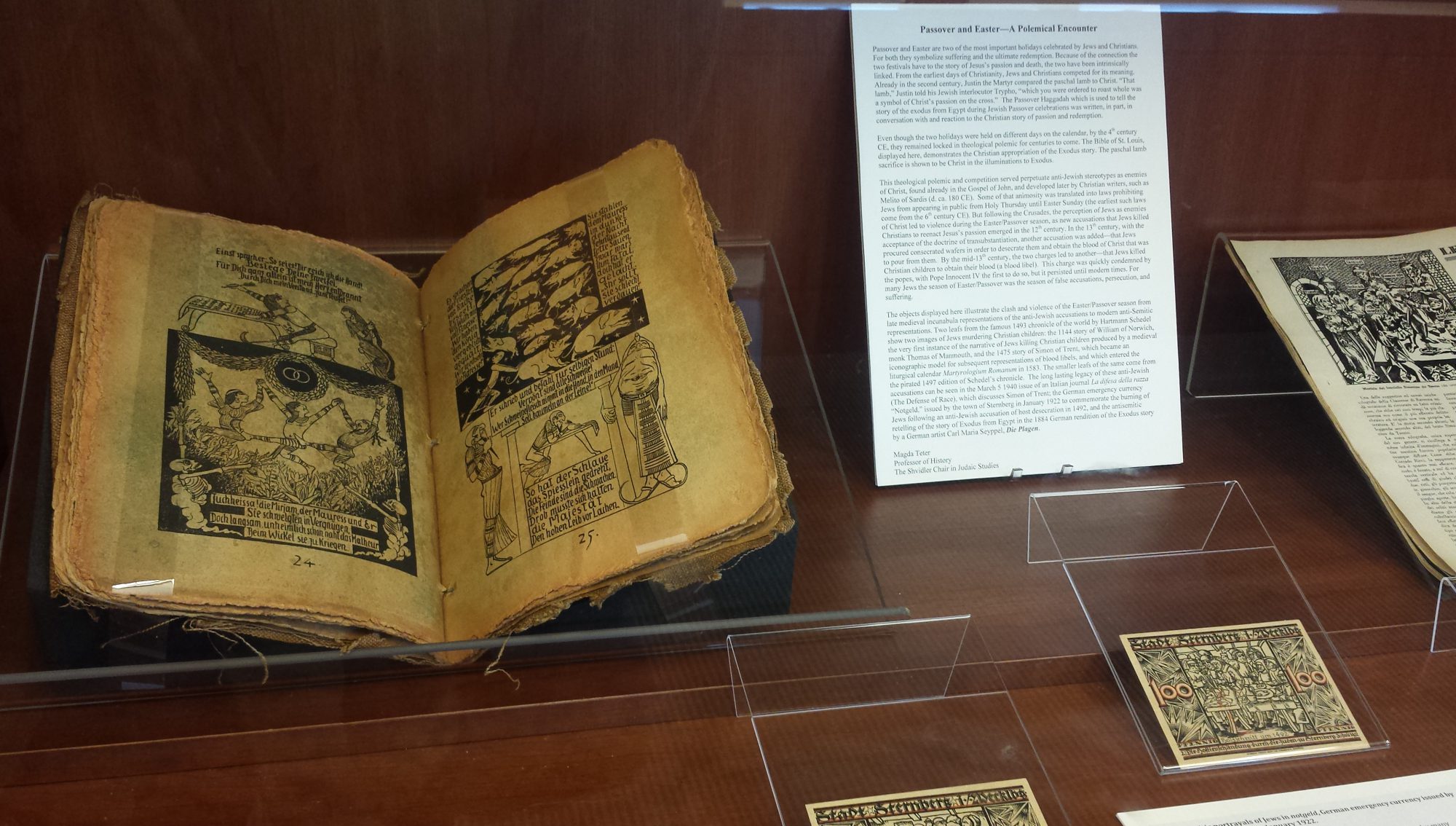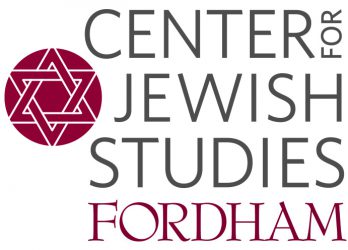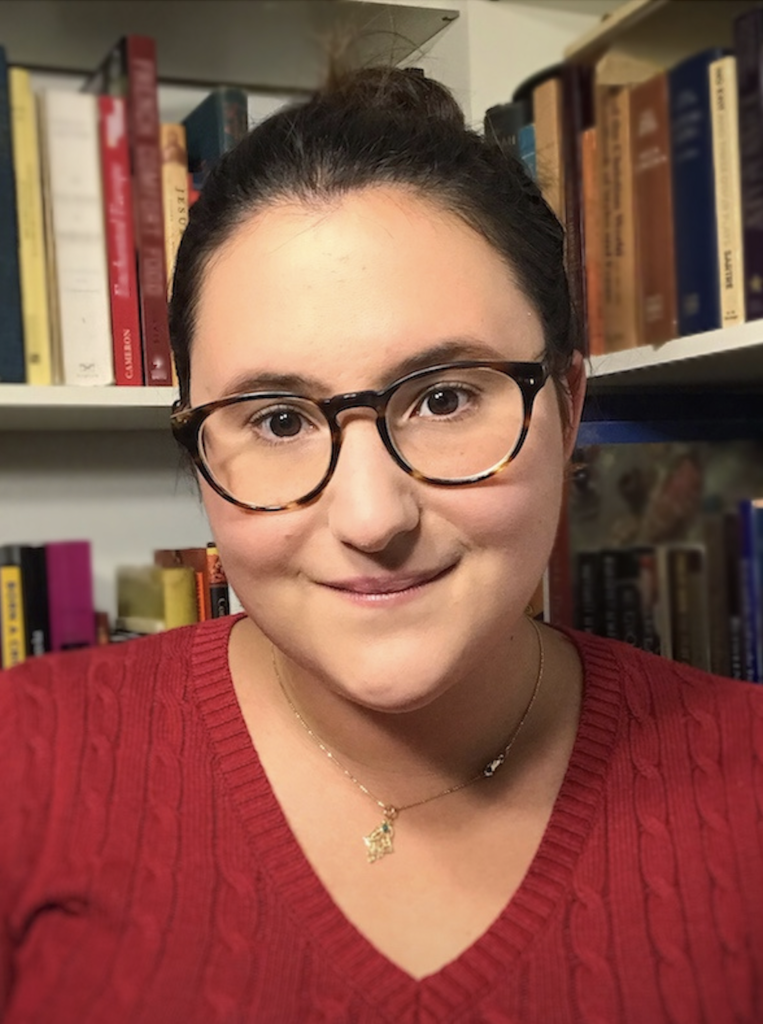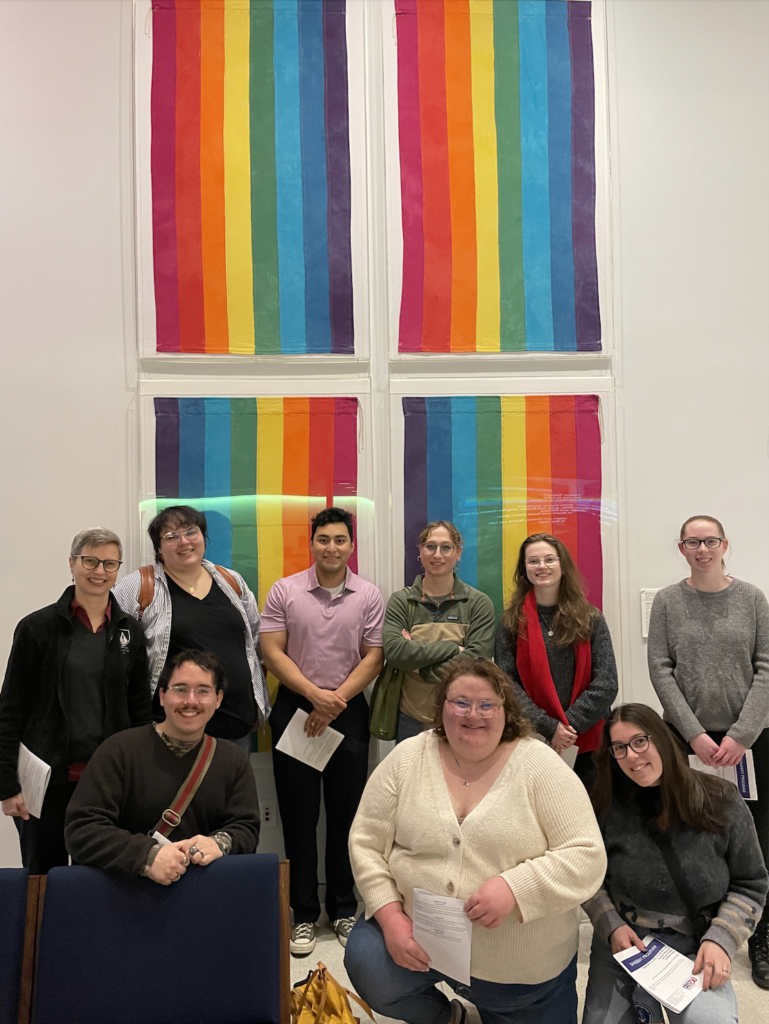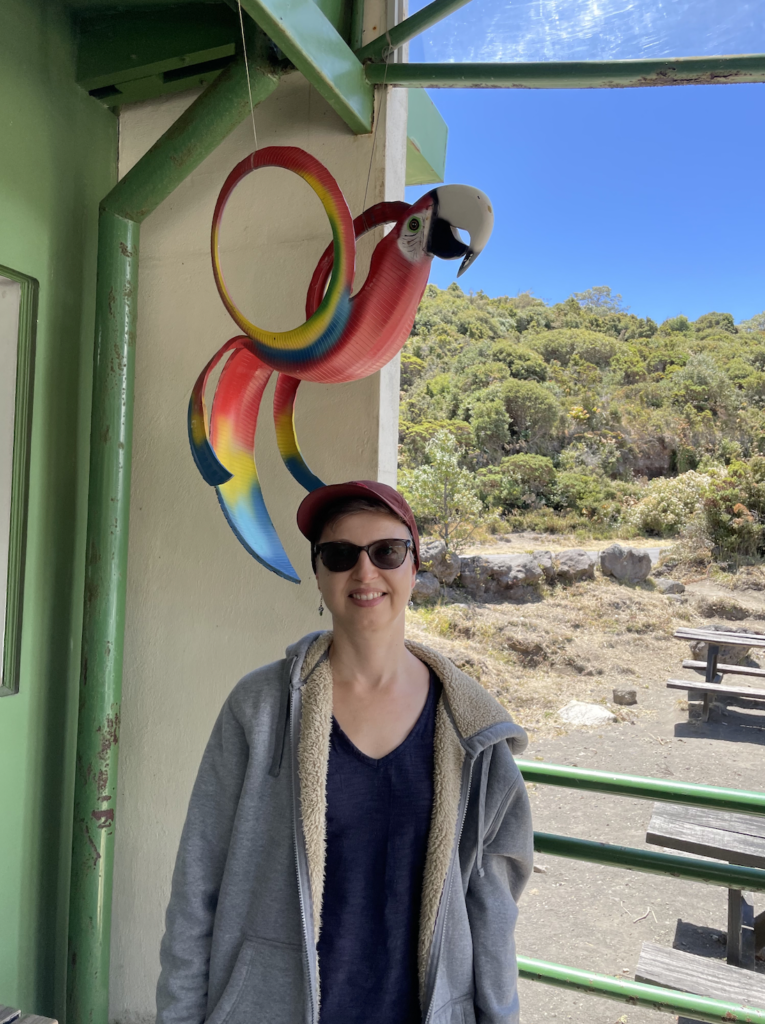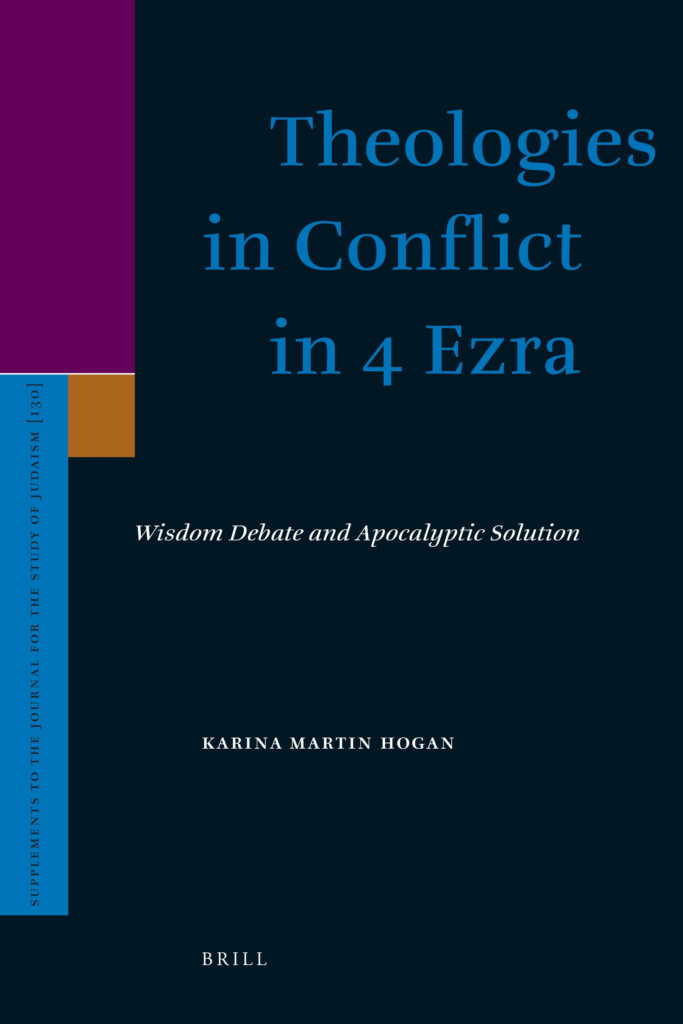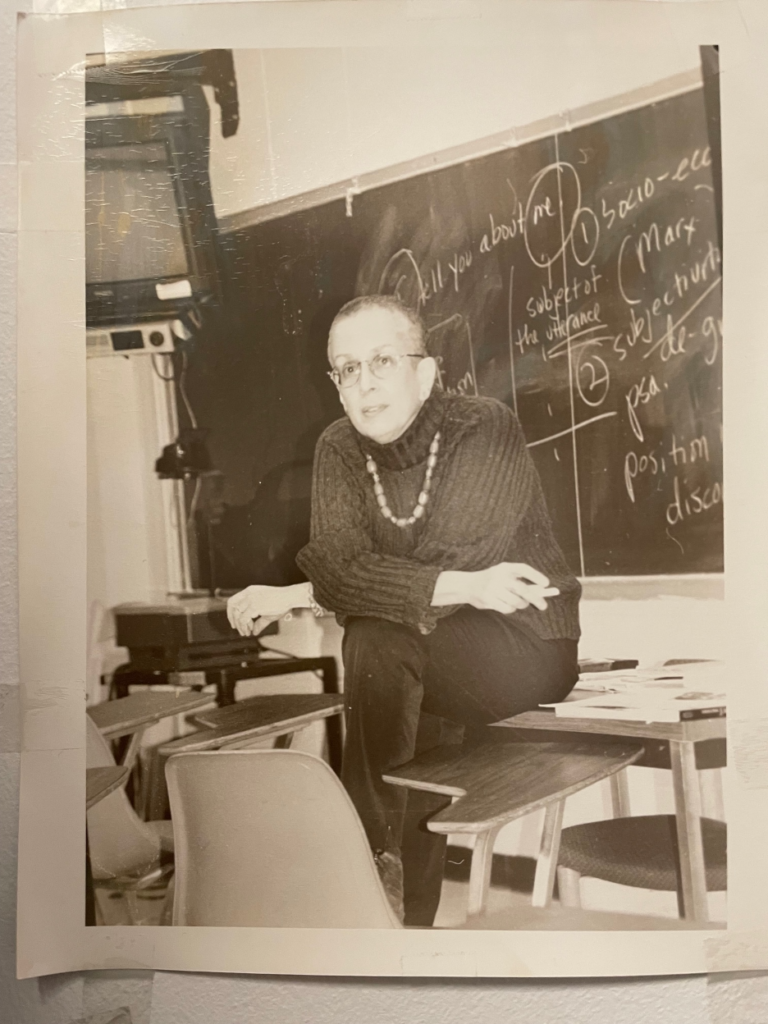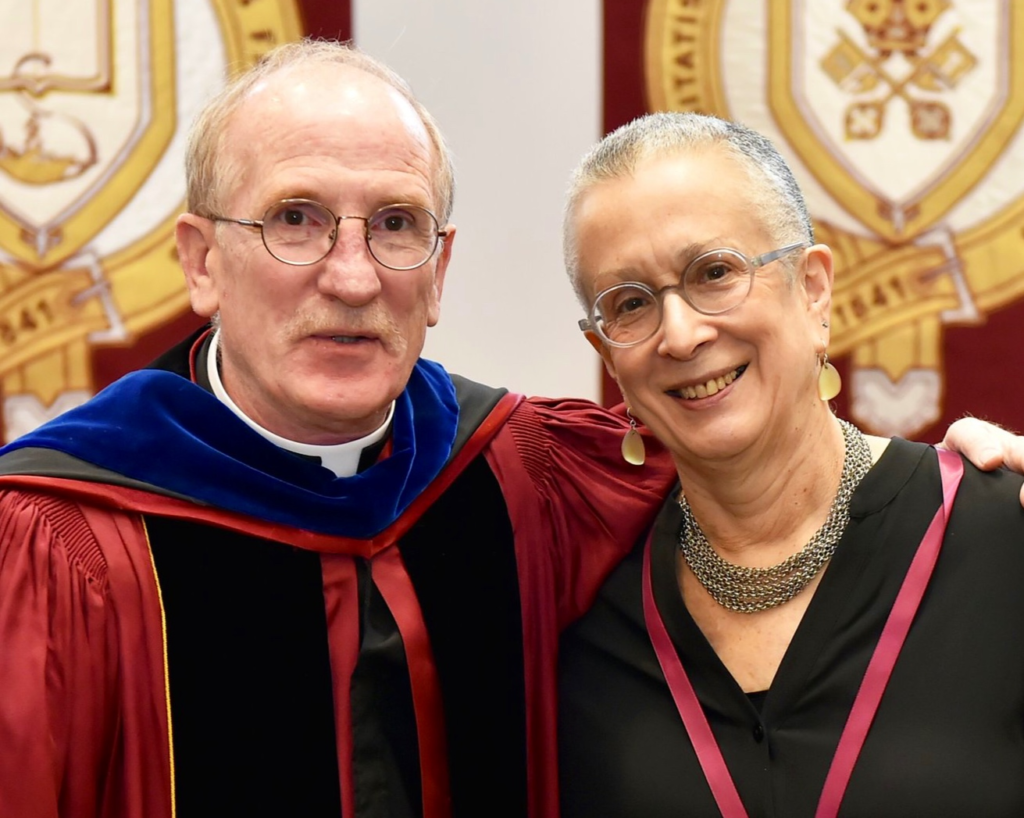This year, Fordham’s Center for Jewish Studies is celebrating its fifth anniversary. But before the formal founding of the CJS, many professors, students, librarians, and others taught, studied, and cultivated the study of Jews, Judaism, and Jewish history and culture at Fordham. This blog series features interviews with some of these people and celebrates their lasting contributions to the university.
This interview features Dr. Marc Yunis, whose father, Al (Alexander) Yunis, attended Fordham University as an undergraduate and law school student in the 1930s. Al went on to a successful career as a lawyer but returned regularly to celebrate reunions at Fordham. In the interview, Marc shares with us the stories he remembers his father telling about his days as a Jewish student at Fordham.
Thanks so much for taking the time to share some of your memories about your father, Al Yunis, and his time as a student at Fordham. Can you tell us a bit about your father?
My father was the first of his family to be born in the USA after they immigrated from Russia/Ukraine. He was raised in a traditional Jewish family. He’s the only one of eight siblings who continued past high school and went to college and law school. Following graduation from Fordham University Law School and passing the Bar Exam, he established his own law practice. He was an outstanding trial lawyer and practiced for 52 years in his own general law practice. He said he became a lawyer to give legal representation to “his people,” originally meaning immigrant Jews. Over the years the groups needing legal representation changed but he managed to still represent them. He was an excellent criminal defense attorney and able to represent clients in civil matters with equal skill and legal knowledge. He argued a case before the Court of Appeals of the State of New York, the highest court in New York State, and was successful. Except for his time in the US Army during World War II from 1943 to 1945 he practiced law his entire adult life.
When and how did your father end up studying at Fordham?
My father actually finished high school at The Fashion Trades High School, the first vocational high school in NYC. The principal took an interest in my father and was instrumental in arranging his admission to Fordham. By the way, the reason he was at Fashion Trades High School was that he was expelled from Thomas Jefferson High School in Brownsville, Brooklyn after an altercation with a teacher who made disparaging remarks about Jewish immigrants.
He was enrolled in a six year program, nights and summers to get a BA and LLB degree. He graduated in 1935, so he attended Fordham from 1929 to 1935, during the Great Depression.
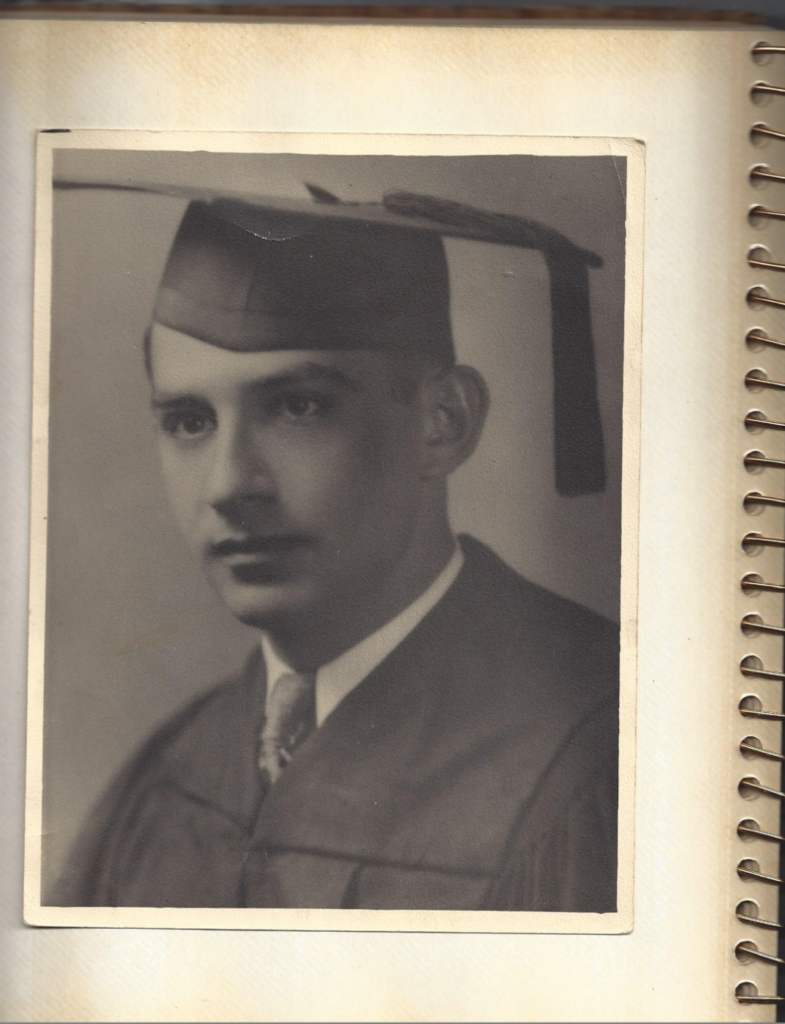
Your father received his undergraduate degree in Theology as one of – or perhaps the only – Jewish students in the Theology Department. Do you remember how he described his experience in the department? Did he share anything about his professors or classmates, or the subjects he studied? Did he mention his relationship with the Jesuits on campus?
I don’t recall my father saying anything about his experience in the department. I do know that he always spoke highly of Jesuit professors. It was my understanding that most of the courses, not only in Theology, were taught by Jesuits. He always considered them to be rigorous academics and I know he sparred with them intellectually. He did write a paper for his Theology class demonstrating that the Trinity of Catholicism was illogical.
Did he ever mention studying Jewish sources at Fordham, for example Tanakh / Hebrew Bible?
He never mentioned any Hebrew sources to me but he was always an avid reader and user of the library so I would guess he had access to Jewish sources.
He received his LLB degree from the Fordham Law School at the end of his six years at Fordham. What were some of the memories he shared with you about his time at the law school?
He was in a study group of four Jewish students who made notes on all the courses. They were type written on a typewriter that was missing the letter “g” key so there were spaces in words where a “g” would be. Many students wanted these notes for studying and the group would let them use them. One of the members of this study group was the number one student in the Law School class. My father kept these notes and my brother, also a lawyer, used them when he was in law school in about 1965.
Interestingly, he received his LLB in 1935 but he was 12 credits short for his BA. He passed the Bar Exam on his first try. He returned to Fordham in 1958 to complete the 12 credits needed for his BA and graduated in 1958.
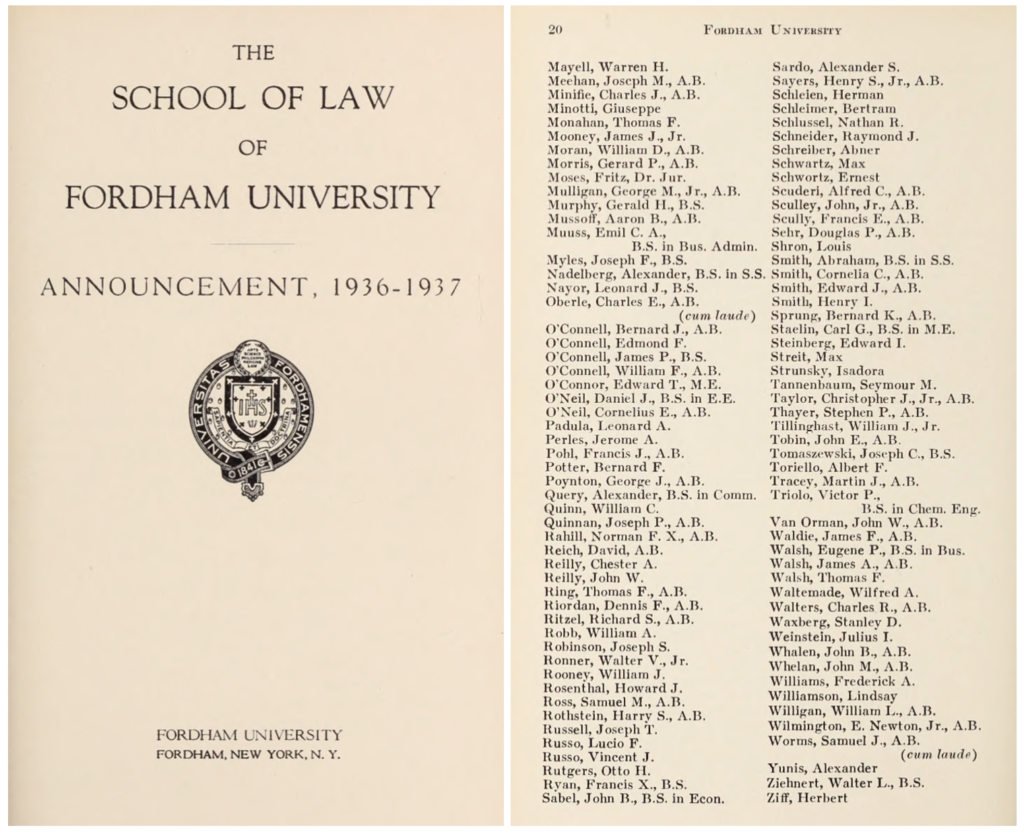
Your father was full of stories, and when he encountered injustice or antisemitism on campus he wasn’t shy about speaking up. Is there a particular story that stands out?
My favorite story of my father’s time at Fordham concerns needing money for tuition.
As I mentioned, this was during the Great Depression and my father came from a poor family and paid his own way through college and law school at Fordham. One semester, he didn’t pay his tuition and he was told he could not take his final exams. He went to the Bursar and asked to be able to take the exams so as not to lose the entire semester. My father suggested that they could hold his grades and release them when he was able to pay the tuition. The Bursar told him that if he didn’t pay the tuition he could not take the exams.
My father walked to the well of the auditorium and asked his classmates to put money into his hat. He said anyone who wanted to be paid back should put an IOU into the hat as well.
He collected enough money and went to the Bursar with his tuition in nickels, dimes, quarters, and dollars. The Burar asked him how he got the money and my father told him that he begged his classmates to help. The Bursar told my father that he was an embarrassment and my father replied that it was the opposite and the Bursar should be embarrassed. After all, as a Catholic University, preaching faith, hope and charity, they gave him no hope, gave him no charity, and had no faith in him.
Did your father ever return to campus for alumni events or just for a visit? If so, what was that experience like for him?
My father returned often for annual reunions. He always requested a fruit platter as he couldn’t eat the meal at the dinners. When they changed the reunion to Friday night he stopped attending because of Shabbat.
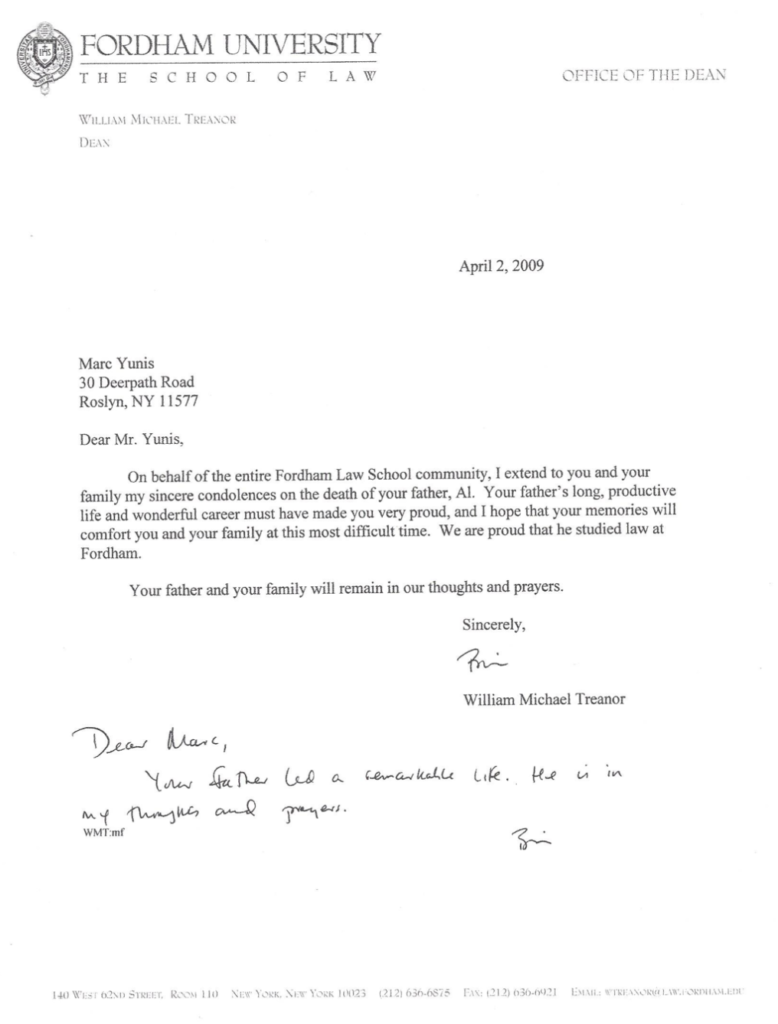
In what ways did he carry his Fordham experience with him later in life, and how did it impact your own life?
He was always very proud of his accomplishments at Fordham and grateful that he had the opportunity to attend. He often spoke fondly of his experiences both as an undergraduate and law school student at Fordham.
Interestingly, I started medical school at the Catholic University of Louvain, Belgium. I remembered the stories of my father, a proud Jew in a Catholic University who always was steadfastly Jewish, as I studied in a foreign country, in another Catholic University.
Five years ago, we established Fordham’s Center for Jewish Studies. The Fordham administration – including our previous president, Father Joseph McShane SJ, and provost, Stephen Freedman (of blessed memory), were instrumental in the early stages of the center, and Fordham’s current president, Tania Tetlow, has been supportive and enthusiastic from the moment she arrived on campus. The university is becoming an increasingly attractive school for Jewish students of all backgrounds, because of the university’s respect of religious observance and the opportunities available to engage deeply with Judaism on campus. What do you think your father would think of this transformation at Fordham?
I think my father would be astounded at the presence of Jewish Studies at Fordham. Keep in mind that he was from an era when there was no Jewish Studies at any university. His focus was always on Jewish religious practice and belief as well as Jewish identity and I think he would be proud that Fordham has incorporated Judaism into its curriculum.
Thank you, Marc, for sharing these amazing stories and memories about your father and his time at Fordham with us!
